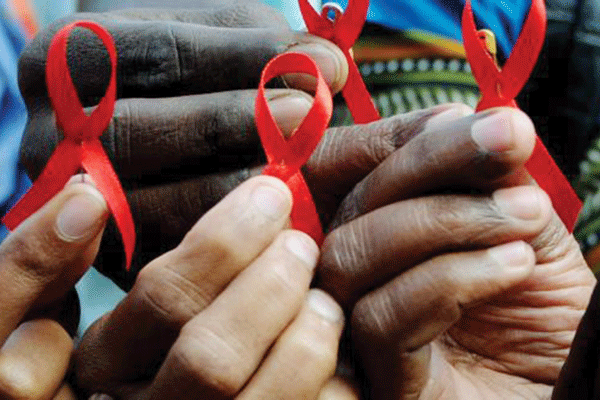
BY DESMOND CHINGARANDE In Mexico
Researchers attending the 10th IAS 2019 conference on HIV science here have shared promising news about an implantable form of pre-exposure prophylaxis (PrEP) for men and women as a new HIV/AIDS prevention tool which could break new ground on the disease’s prevention.
The implant, which will come as a placebo of two doses, will be placed in subjects for 12 weeks, offering promising solution to those who face challenges adhering to current daily PrEP regimen.
Reacting to the invention, International AIDS Society president and IAS chair Anton Pozniack said while new HIV prevention technology creates opportunities to improve HIV control, it must be rolled out with well-designed and managed campaigns to create an ideal environment for people to protect themselves from HIV.
“An implant offers another choice for those who might in the future also have pills and injectable available. It could also offer a promising solution to those who face challenges adhering to a daily PrEP regimen,” Pozniack said.
According to the study, researchers found that the implant was well tolerated and effectively delivers the required level of MK-8591, which is sufficient for at least one year inside the body.
“These early findings are promising and should encourage continued trials to assess longer-term results. While new HIV prevention technologies create an opportunity to improve HIV control, they must be rolled out with well-designed and managed campaigns to create an environment where people are empowered to protect themselves from HIV. Taken together, the HIV prevention studies show that we are creating new tools to address the realities of people’s lives,” Pozniack said.
Researcher Jared Baeten from National Institutes of Health-Funded Microbicide Trials Network also released the final results of a study on the use of vaginal ring as HIV prevention methods.
- Chamisa under fire over US$120K donation
- Mavhunga puts DeMbare into Chibuku quarterfinals
- Pension funds bet on Cabora Bassa oilfields
- Councils defy govt fire tender directive
Keep Reading
The study was conducted between July 2016 and October last year and enrolled 1 456 HIV positive women at 14 trials sites in Zimbabwe, Malawi, South Africa and Uganda. It revealed that women were willing to use the vaginal ring to protect themselves against HIV.
In Zimbabwe the study was conducted and coordinated by Nyaradzo Mgodi at the University of Zimbabwe Colleges of Health Science.
The vaginal ring, which women can insert and replace themselves, slowly releases antiretroviral drug dapivirine into the vagina during the month it is used.











